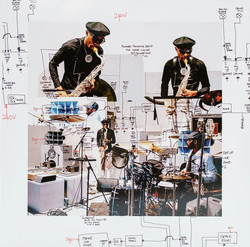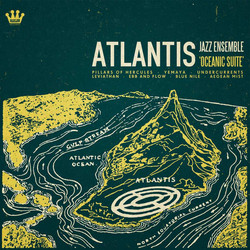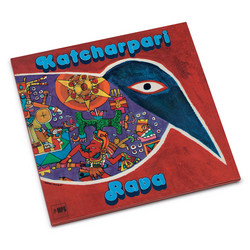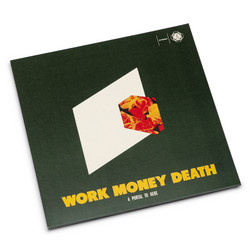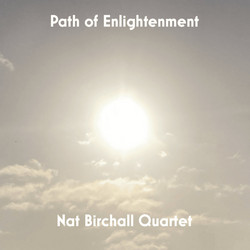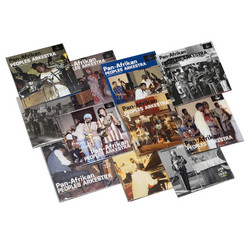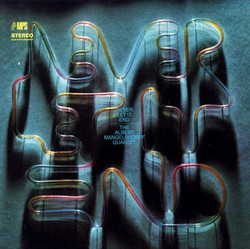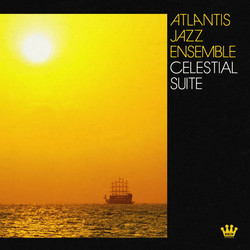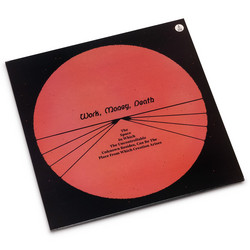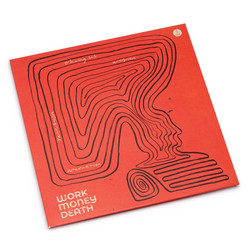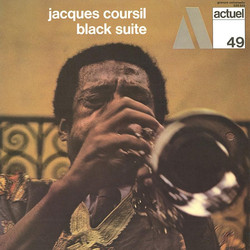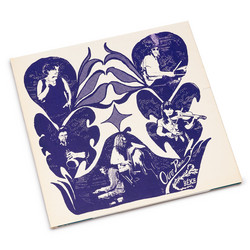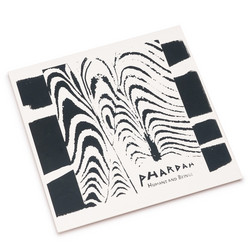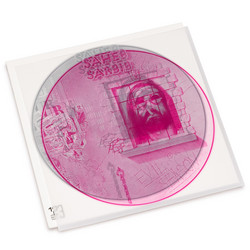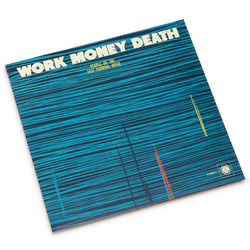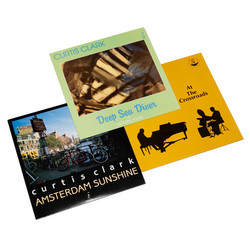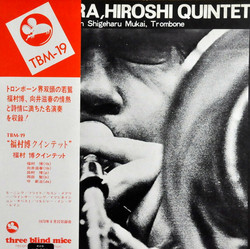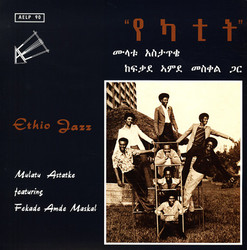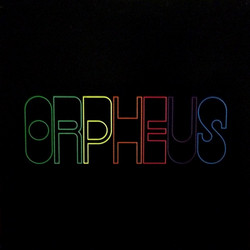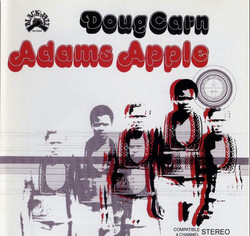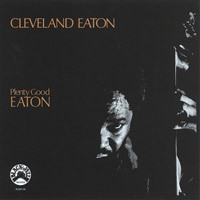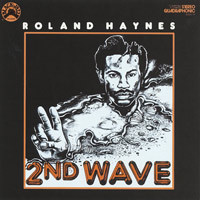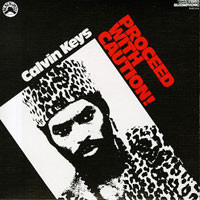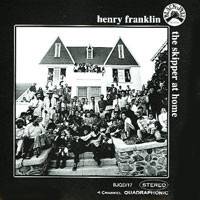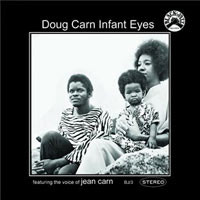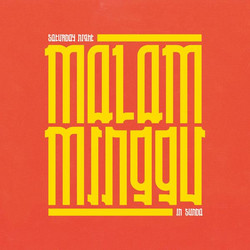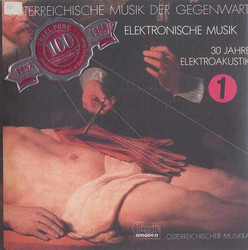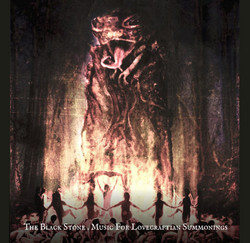Theo Parrish's musical skills have always seemed those of a sculptor rather than painter, shaping source material into a deformed something new. The output of Black Jazz - recorded and released entirely between 1970 and 1975 - seemingly had a similar outlook of 'music as sound sculpture', albeit unable to electronically subvert the fourth dimension quite as effectively as Parrish. The label was founded by pianist Gene Russell, whose subsequent death in 1976 (though there are conflicting reports as his death date) signalled the end for Black Jazz. Both music and label are often pigeonholed alongside ‘African spiritual jazz’ and the like, and while its artists did indeed share a similarly Pan-Africanist outlook, they never really made it the focus of the music. The Pan-Africanist concept, that all people of African descent have a united destiny, chiefly serves to cement Black Jazz’s egalitarian approach to instrumentation, focusing on ensuring that every player and every sound is heard. The result is a raucous and cataclysmically free sort of soul-jazz, defined by its aural density and its colourful and wildly busy rhythm sections. The almost omnipresent electric keys/bass/drum kit constantly mesh swinging bop with funkier snare hits and colourful polyrhythms, the utter array of African-American rhythmic influences on display perhaps hinting at that purported Afro-spiritualism. This is, however, not as obviously Afro-centric as Archie Shepp or Pharoah Sanders. For example, tracks by The Awakening - the one actual 'band' on the Black Jazz roster - and native Chicagoans like Theo Parrish himself, seemingly embody any and every permutation of jazz at that time. Contributing a third of the compilation's dozen tracks, The Awakening neither spout Shepp's spoken word, nor resort to seemingly deity-centric masses like Sanders, choosing instead to operate democratically, and the resultant instrumental convergence is pretty devastating.
The variety of ways and constantly flowing manner in which the horn players, guitarist, Calvin Keys, and other soloists contribute over the course of the record is incalculable. Parrish's almost exclusively high-energy selections, and the near-seamless segues, merge into an almost impenetrably complex freakout montage, only occasionally punctuated by fleeting lulls. The mood progresses in melting shades, from the surreal Sun Ra-esque opening fanfare of Doug Carn's 'Trance Dance', through the funky On The Corner beats of The Awakening's 'March On', on to the busy-fingered guitar playing of Calvin Keys, whose 'Criss-Cross' drags Charlie Christian's electrified big-band noodling kicking and screaming into the world of bluesless, post-Coltrane modalism. Somehow, at the album's climax we find ourselves in the midst of a mega schlocky organ muzak run through of 'Blue Bossa', Parrish's sleight of hand guiding us seamlessly from the sublime to the ridiculous.
Trying to accurately summarise the journey is a pointless endeavour, it's eighty minutes of unmappable terrain. The songs themselves simply contain so many notes, and seem to have been recorded and mixed to emphasise every single one. Through Parrish's minimal revisionist framing, this music appears as open-ended and difficult as the free forms coming into vogue at the time they were recorded, yet never strays into the dissonance of early free-jazz watersheds such as Ascension. What's more, there's little discernible empty space throughout its entirety (save the brief respite of Walter Bishop Jr.'s solo piano introduction to 'Those Who Chant'), something particularly underscored by Parrish's selection when listened to in one sitting, and an inimitable characteristic of Black Jazz.
It's a demanding, almost numbing record. Parrish's selections and hands-off approach pays off and then some. This kaleidoscopic mix emphasises the Black Jazz catalogue's consistently searching brand of music, and both complements and abridges one of jazz's most undersung and thrilling musical footnotes.

